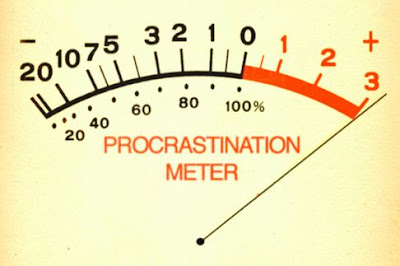"They don't get tired or hungry, call in sick or go on vacation. [Moi ici: Ao contrário dos seres humanos, os agentes de IA não necessitam de descanso, férias ou equilíbrio entre vida pessoal e trabalho. Assim, tarefas como a análise de dados ou o atendimento de clientes podem decorrer 24 horas por dia]...AI is reshaping the economy by providing automation that transcends traditional time and capacity constraints [Moi ici: O conceito de 'Always-on economy' Konstantine Buhler, da Sequoia Capital, apresenta este conceito para descrever a transformação que possibilita decisões e operações ininterruptas em áreas como vendas ou estratégia]...Every minute of delay can diminish a customer's intent. [Moi ici: A capacidade de responder aos pedidos dos clientes a qualquer hora — com a mesma eficácia de um horário comercial - tornou-se um factor competitivo decisivo.]...There was never a world where I could send that off to an analyst at midnight and wake up with that...being done. [Moi ici: A IA pode acelerar decisões que antes exigiam reuniões ou a disponibilidade de pessoas específicas, permitindo um ritmo mais célere nos negócios.]...Business needs to develop a new cadence, [Moi ici: O modelo "always-on" implica uma mudança cultural significativa, obrigando à reestruturação de processos para tirar partido da automatização contínua e de uma resposta imediata ao cliente.]"
Recuo a uma reunião algures em 1989 ou 1990. Eu, um jovem profissional acompanhei o meu chefe, o director técnico, a uma reunião com um cliente. A certa altura um deles disse para o outro com nostalgia:
"Ah! Lembra-se do tempo em que as encomendas eram por carta?"
Ainda usávamos telex, ainda não usávamos fax e o e-mail ainda não existia.






%2006.21.jpeg)












